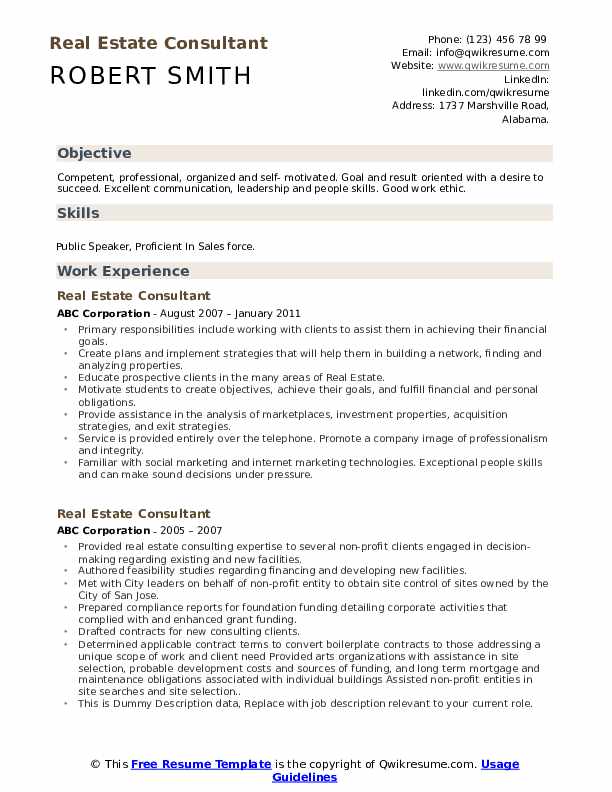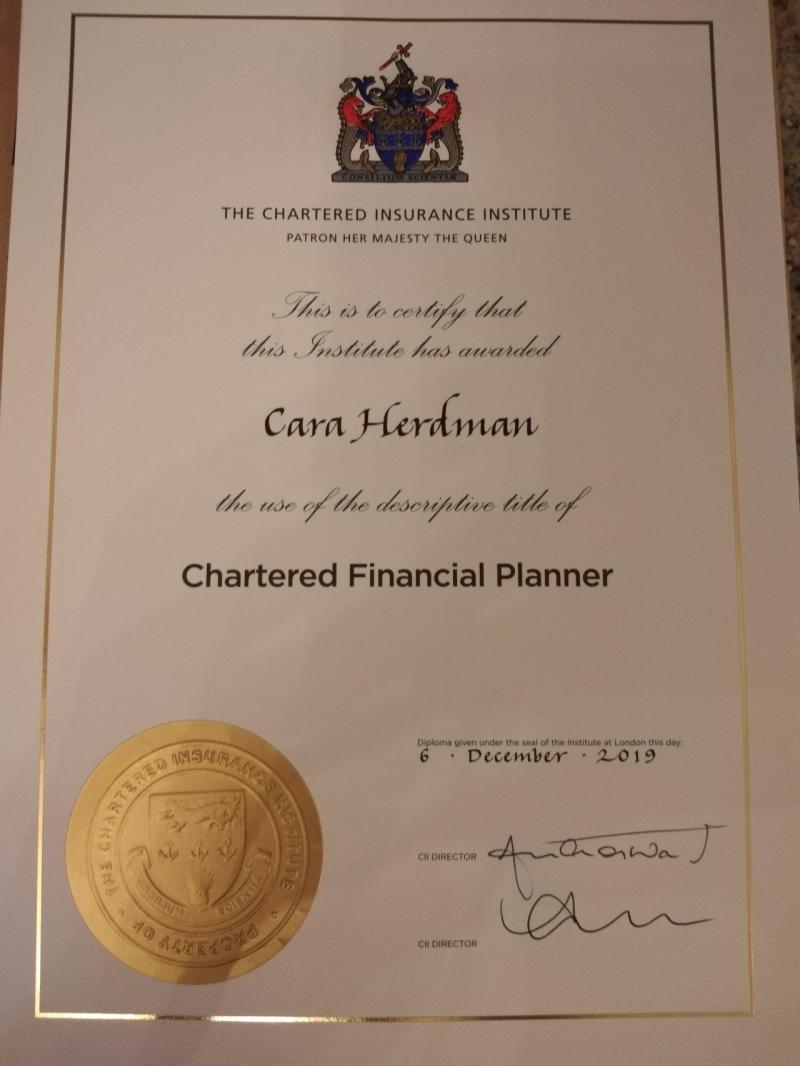
Manager planning describes the process through which an organization determines how it will distribute its resources and reach its goals. The first step is to identify goals. It should have both a quantitative component as well as a qualitative vision. One example is that an organization could set the goal of increasing profits by 20% over twelve years. Once you have defined your goal, the next step will be to allocate resources in an efficient manner.
Job description for manager planning
A planning manager is responsible for coordinating the procurement of supplies, inventory and equipment for a company. He or she can also attend trade shows and negotiate prices with suppliers. Managers in this role should have relevant experience as well as a bachelor's degree. Other responsibilities include creating reports about new programs, and overseeing general planning.
Planners are known for their creativity and organizational skills. They also develop and maintain a performance-planning charter and change management programs. They work closely with the sales team to provide excellent customer service.

Types of manager planning
There are four types of managerial planning. Top-ranking managers plan the company’s long-term strategies, and monitor employee progress. The resource allocator manages the company's capital, people, and materials. The disturbance handler anticipates potential conflict and develops strategies to address issues, and he/she assists the company in recovering from unexpected events.
The operational plan is concerned with the day-today operations of the company. It may be used for one-time purposes or it can be an ongoing plan that specifies rules and regulations to help achieve objectives. You may also find a contingency for an unexpected event.
Process involved
There are a number of steps involved in managing organizational planning. The first step in this process is determining the objectives that will be met by the organization. An organization will typically choose between two sets objectives, one short-term and one long-term. These objectives should be stated clearly and clearly outlined at the beginning of the planning process.
The second step is measuring progress and analysing the results. This is vital for ensuring that the organization remains on track. Managers must review their progress against these objectives and make necessary adjustments to ensure the plan is being followed.

Manager planning is limited
Although manager planning is an important part of management, it does have its limitations. Understanding these limitations can help managers improve their planning efficiency. Planning involves establishing the premises that will guide decisions. This is not possible to do with absolute accuracy. There will always be some margin of error. The difficulty in assessing these properties is one of the biggest limitations to manager planning.
External factors can also significantly hinder the process of planning. Business decisions may be affected by sudden changes in politics. Union pressures to raise wages can also impact the ability of a company to plan. Taxation policies and financial institutions are other constraints. Finally, work rules may limit the freedom of a manager to plan. These rules could prevent managers from making the changes that are necessary to make the enterprise a success.
FAQ
What skills do I need for consulting?
As a consultant, you should have both strong interpersonal skills and analytical skills. This is important because you are working on projects where you may not know exactly what you are doing. You will need to learn how you manage people and solve problems quickly.
A strong communication skill is also necessary. Most clients expect a reply within 24 hours. They assume that you won't respond if they don't hear from them within 24 hours. It's important, therefore, to always keep them informed and ensure they understand what is going on.
What is a consultant?
Consultants are those who offer services to other people. It's not a job title. A consultant is a role that helps others achieve their goals. Helping others to understand their options, and then helping them make the best decisions.
Consultants can help you solve problems or overcome challenges when working on projects. They offer guidance and advice about how to implement such solutions.
Consulting should be able answer any questions related to technology, finance, law and management.
What industries use consultants
There are many types of consultants. There are many types of consultants. Some specialize in one type of business, while others can handle multiple areas.
Some consultants work exclusively for private businesses, while others represent large corporations.
Some consultants can also help businesses all around the globe.
What kind of contracts can consultants sign?
When they are hired, most consultants sign standard employment contracts. These agreements specify how long the consultant will be working for the client and what he/she will be paid.
Contracts can also indicate the areas of expertise that the consultant will concentrate on and the compensation they will receive. The agreement might state that the consultant will conduct training sessions, workshops or webinars.
Sometimes, the consultant just agrees to complete certain tasks within a defined timeframe.
Many consultants sign independent contractor arrangements in addition to standard employment contracts. These agreements allow the consultant work on his/her own but still receive compensation for his/her efforts.
What is the average time it takes to become a consultant
Depending on your industry and background, the time required will vary. Most people start out with a few months before they find work.
However, consultants can spend many years learning before they are able to find work.
How much do consultants make?
Although some consultants can make more than $100k annually, the majority of consultants earn between $25-$50k. A consultant's average salary is $39,000 This includes both salaried and hourly consultants.
Salary depends on the experience of the consultant, their location, industry, type and length of the contract (contractor or employee), as well as whether they have their own office or work remotely.
What qualifications do you need to be a consultant?
It doesn't suffice to hold an MBA. You also need to be able and willing to work as a business advisor. You should have at least two years of experience in consulting and/or training for a major company.
You should have had experience working with senior management to create strategy. You will need to feel comfortable communicating ideas to clients and getting their support.
A professional qualification exam, such as the Certified Management Consultant (CMC), of the Chartered Management Institute (CMI), is also required.
Statistics
- Over 50% of consultants get their first consulting client through a referral from their network. (consultingsuccess.com)
- On average, your program increases the sales team's performance by 33%. (consultingsuccess.com)
- My 10 years of experience and 6-step program have helped over 20 clients boost their sales by an average of 33% in 6 months. (consultingsuccess.com)
- "From there, I told them my rates were going up 25%, this is the new hourly rate, and every single one of them said 'done, fine.' (nerdwallet.com)
- So, if you help your clients increase their sales by 33%, then use a word like “revolution” instead of “increase.” (consultingsuccess.com)
External Links
How To
What does a typical consultant's day look like?
The type of work that you are doing will affect the typical day. But, in general, you will spend your time researching, planning and meeting new clients.
Clients will often meet with you to discuss their problems. These meetings can take place over the phone, via email, online, or face to face.
You may also be asked to prepare proposals, which are documents outlining your ideas and plans for clients. You'll need to discuss your proposals with a mentor, colleague, or friend before you present them.
After all the preparation and planning, it's time to actually create some content. Writing articles, designing websites, editing photos or conducting interviews are just some of the options.
It depends on the project's scope, you might need to do some research to collect relevant statistics. For instance, you might want to find out how many people you have and if they are buying more than just one product or service.
Once you have all the information needed, it is time for clients to see your findings. Your findings may be delivered orally, or written.
After your initial consultation with clients, you need to keep in touch. You can call clients to ask how they are doing or send emails asking for confirmation that your proposal was received.
Although it takes time, this process is worth it. It's also important to keep your eyes on the prize and maintain good relations with clients.